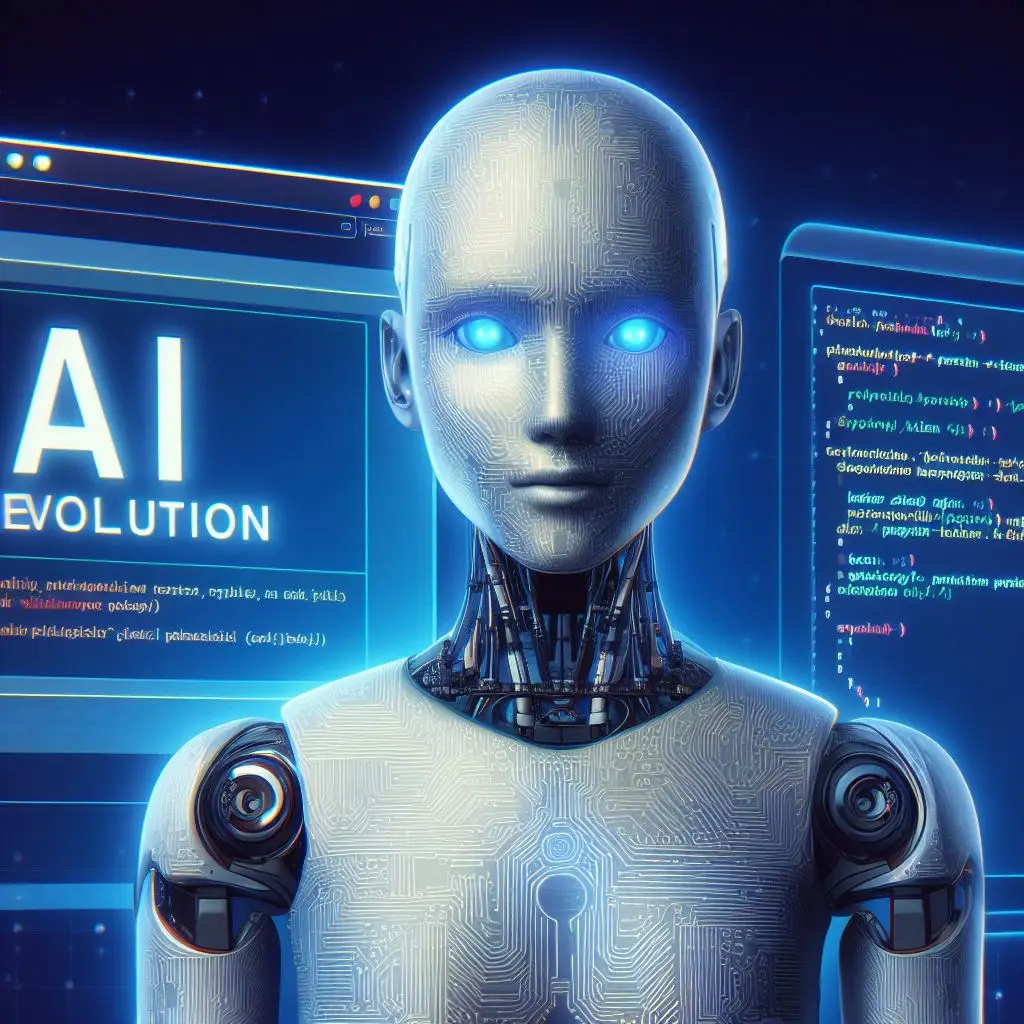In a significant move to ensure the safe deployment of artificial intelligence (AI) technologies, the US government has announced new agreements with two leading AI startups, OpenAI and Anthropic. These agreements aim to rigorously test and evaluate the safety of upcoming AI models, reflecting the growing concern over the potential risks posed by advanced AI systems. As AI continues to evolve and integrate into various aspects of society, the need for robust safety measures has never been more critical. The agreements, announced on Thursday, mark a proactive step by the US government to collaborate with industry leaders in addressing these concerns.
The Role of the US AI Safety Institute
Under the new agreements, the US AI Safety Institute, a division of the Commerce Department’s National Institute of Standards and Technology (NIST), will receive early access to major new AI models developed by OpenAI and Anthropic. This early access will allow the Institute to rigorously evaluate the capabilities and potential risks associated with these models before they are widely deployed.
The AI Safety Institute was established to focus specifically on the safety and ethical considerations surrounding AI technologies. Its mission includes assessing the impact of AI on various sectors, developing standards and guidelines for safe AI deployment, and collaborating with both public and private entities to mitigate potential risks. The Institute’s partnership with OpenAI and Anthropic is a key part of this mission, as it seeks to ensure that the rapid development of AI technologies does not outpace the ability to manage their associated risks.
The Importance of Evaluating AI Safety
By gaining early access to new AI models, the AI Safety Institute can conduct thorough evaluations to identify and address these risks before the technologies are released to the public. This proactive approach is intended to prevent potentially catastrophic outcomes, such as the misuse of AI in critical areas like national security, finance, and healthcare.
Collaboration with Industry Leaders
OpenAI and Anthropic are two of the most prominent players in the AI industry, known for their cutting-edge research and development of advanced AI models. OpenAI, the creator of the widely known GPT-4 model, has been at the forefront of AI innovation, pushing the boundaries of what AI can achieve. Anthropic, a relatively newer entrant in the AI space, has quickly gained recognition for its focus on developing AI systems that prioritize safety and alignment with human values.
The collaboration between these companies and the US government is a testament to the shared recognition of the importance of AI safety. By working closely with the AI Safety Institute, OpenAI and Anthropic will contribute their expertise and resources to help develop methodologies for assessing AI risks and mitigating potential issues.
This partnership also highlights a broader trend in the tech industry, where leading AI companies are increasingly acknowledging the need for greater oversight and regulation. As AI technologies become more powerful and pervasive, the industry is beginning to embrace the idea that safety and ethical considerations must be integral to the development process.
Regulatory Context and the Push for AI Safety
The agreements with OpenAI and Anthropic are part of a larger effort by the US government to establish a framework for AI safety. This effort includes the development of regulatory measures aimed at mitigating the risks associated with AI. One such measure is the controversial California AI safety bill SB 1047, which has sparked debate over the appropriate level of regulation for AI technologies.
The California AI safety bill is designed to impose stricter oversight on the development and deployment of AI systems, particularly in high-stakes areas like law enforcement, healthcare, and finance. Proponents of the bill argue that it is necessary to prevent the misuse of AI and protect public safety. Critics, contend that the bill could stifle innovation and place undue burdens on AI developers.
The agreements with OpenAI and Anthropic signal that the federal government is also taking steps to address AI safety at the national level. By collaborating with industry leaders, the government aims to strike a balance between fostering innovation and ensuring that AI technologies are developed and deployed responsibly.
Conclusion: A Path Forward for Safe AI Development
The agreements between the US government, OpenAI, and Anthropic represent a significant step forward in the effort to ensure the safe development and deployment of AI technologies. By providing the AI Safety Institute with early access to new AI models, these agreements will enable thorough evaluation and risk assessment, helping to prevent potential harm before it occurs.
In a world where AI is becoming increasingly integral to daily life, ensuring its safety is not just a technical challenge but a societal imperative. The agreements announced on Thursday are a crucial part of this ongoing effort, and they mark a positive step toward a future where AI can be harnessed safely and responsibly.









Add a Comment: